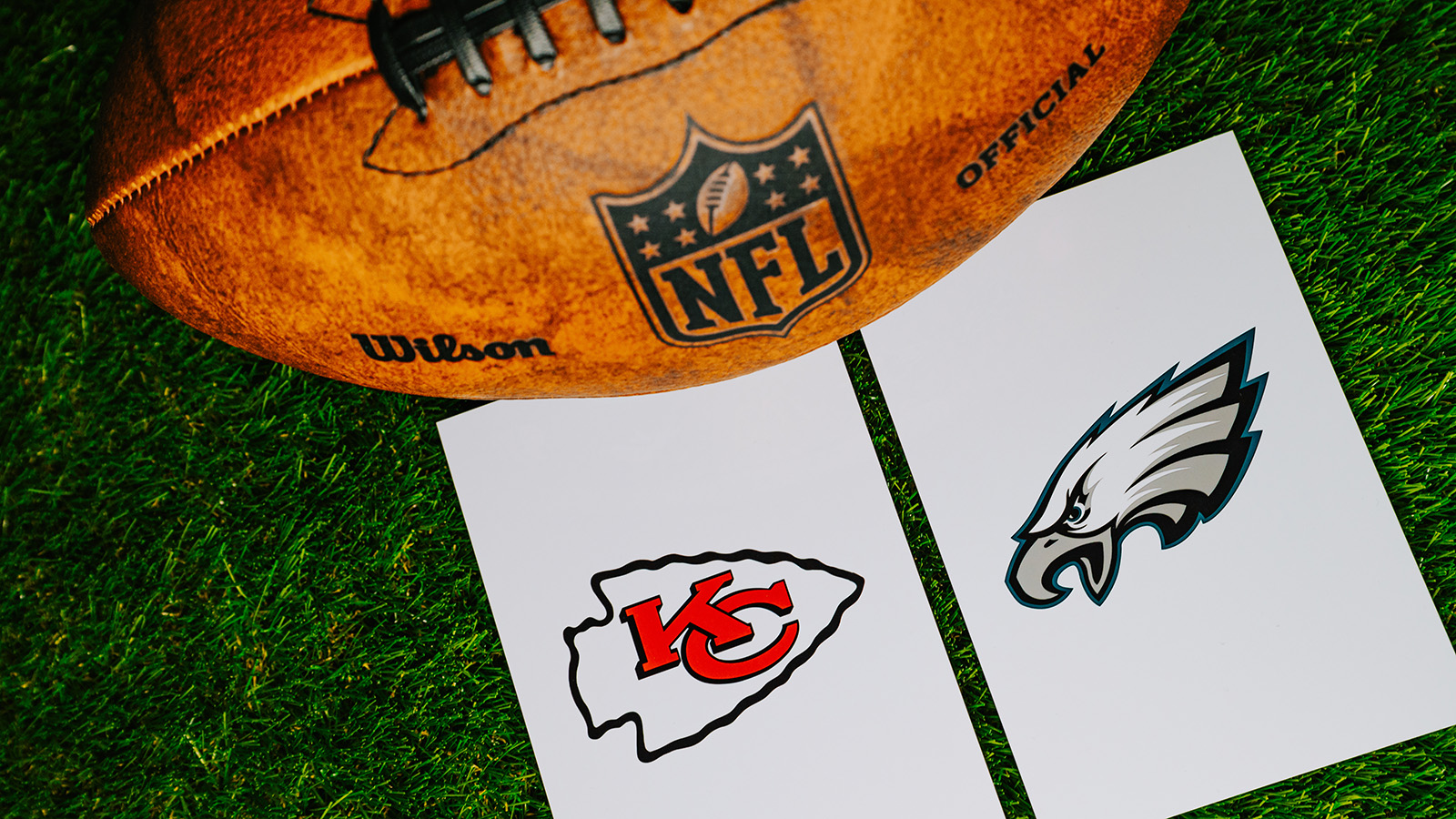Can Sports Fandom Be a Religious Experience?
With the Philadelphia Eagles set to compete for the ultimate prize at Super Bowl LIX, Megan Robb, Associate Professor of Religious Studies, has noticed a “buzz of collective effervescence” in her Religion and Sports class, a space where students discuss ritual and ceremony, debate where sports and religion intersect—even meet the Eagles chaplain.
The discussions that take place when Philadelphia Eagles chaplain, Pastor Ted Winsley, visits Megan Robb’s Religion and Sports class are always memorable.
“The students ask him questions like how he addresses the needs of non-Christian players and how he sees the relationship between religion and sports, says Robb, Associate Professor of Religious Studies. “Once a student asked him what he does about the fact that some players see religion as a tool for sporting success instead of the other way around.”

On Feb. 9, 2025, the Philadelphia Eagles play the Kansas City Chiefs in Super Bowl LIX. “When the Eagles are doing well, there is a special energy to the class,” Robb says.
Winsley has been coming to this class since Robb started teaching it eight years ago. This semester, his planned visit is in early April, just a few weeks after the Eagles play the Kansas City Chiefs in Super Bowl LIX. “When the Eagles are doing well, there is a special energy to the class, a buzz of collective effervescence,” Robb says, referring to a concept philosopher Émile Durkheim developed to describe the meaning people elicit from “enthusiastic groups” full of “electric emotions.”
Sports can do that, Robb says, evoke that collective effervescence, unite unlikely groups or divide them, create space for ritual and ceremony for fans and players alike. Robb asks her students to grapple with these notions, using football, baseball, basketball, soccer, even cricket as case studies. It’s all in an effort to answer what Robb considers the most difficult question of them all in this context: Can a sport really be a religion?
Reverence Verging on Devotion
Robb herself is an athlete, having run cross country and track in high school, and having rowed in college and graduate school. And she grew up around athletics in what she calls a sports-saturated environment.
“My grandfather was a football coach, and my father and all my uncles were football players,” she says. “I was personally much more interested in playing sports than I was in watching them. But looking back on my college career, I kept thinking how cool it would have been to have a class that let me think about the big-picture questions in relation to sports, which was such an important part of my life.”

Megan Robb, Associate Professor of Religious Studies (Image: Greg Benson)
Nothing like that existed at Penn, so Robb decided to create it. The first time she taught the course was in 2018—the year of the most recent Eagles Super Bowl victory.
In the lead up to that game, Robb recalls images of parishioners wearing team jerseys to mass; one Northeast Philadelphia church invited its congregation to don their best kelly green and “come out and pray before we play.” The marquee outside the church read, “Patriots don’t have a prayer, but we do.” The Eagles went on to defeat the New England Patriots in that Super Bowl.
“We’re having that moment in Philly again, where you feel out whether someone is an Eagles fan and instead of saying ‘Goodbye,’ you say, ‘Go birds!’” Robb says, adding that this type of collective emotion tends to build community; she’s noticed rituals similar to those from seven years ago, like fans wearing the same unwashed jersey the whole season or sprinkling “holy water” on grass during the playoffs.
Intellectually, reverence to a sports team that verges on devotion makes sense to a scholar like Robb. “When you look historically, we can see really profound connections between many kinds of sports activities and religious institutions,” she says. She cites as an example the first Olympics, which occurred as a way to venerate the gods and took place near the Temple of Zeus.
There are many others, she says, noting that the form a sport takes both mirrors and shapes the society in which it’s created. Given the cultural moment and her physical locale, Robb turns once again to the Eagles. “Eagles culture, it’s gritty, scrappy, not pretentious, grounded. It’s also really intense and driven. In real time, the Eagles can end up shaping how we feel on a day-to-day basis moving through the city right now,” she says.
The Sports-Religion Link
In class this semester, Robb is asking her 35 students to think critically about these complex dynamics, aided by materials and projects that explore similar themes.
For instance, they’re reading Friday Night Lights, which examines the intense and central role high school football plays in small towns in the American south—Texas specifically, in this case. The author, Buzz Bissinger, will visit the class in a few weeks. In addition, as an ethnographic exercise of sorts, students will attend a Philadelphia 76ers basketball game at the end of February; Robb has asked them to write field notes, and, following the game, analyze the experience.
We’re having that moment in Philly again, where you feel out whether someone is an Eagles fan and instead of saying ‘Goodbye,’ you say, ‘Go birds!’
Robb says her goal by semester’s end is for each individual to formulate a personal response to whether sports fandom can indeed equate to a religious experience. She also presses them to go a step further, to answer whether they believe sports can be a religion and what that descriptor might mean to each of them.
For his part, Pastor Ted has weighed in, saying that sports should be a platform for religion, not the other way around. But Robb intentionally stays quiet about her own feelings on the matter. “It’s so much more important for my students to learn how to think about a complex question, and to conceptualize it, than it is for them to agree with me.”


